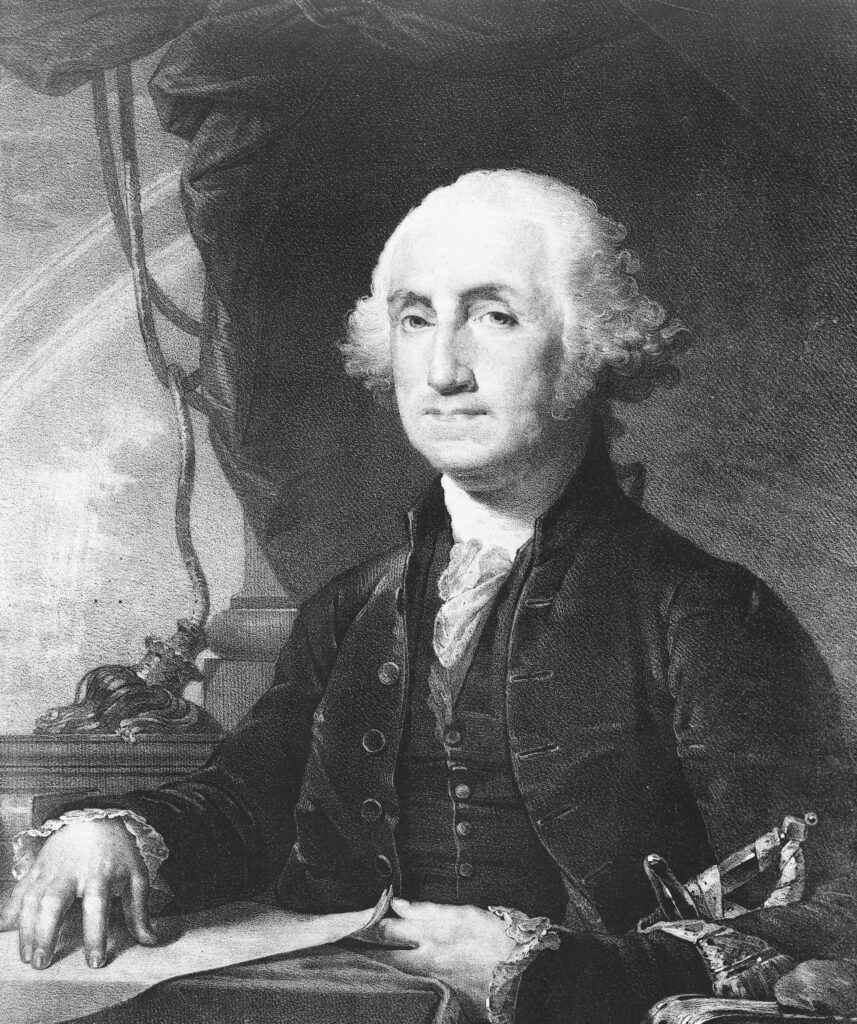Table of Contents
There is no historical evidence or credible information to support the claim that George Washington Carver was castrated. It is important to rely on reliable sources and factual information when discussing historical figures and events.
George Washington Carver was a prominent African American scientist and inventor who lived from around 1864 to 1943. He made significant contributions in the field of agriculture, particularly in regard to crop rotation and finding innovative uses for peanuts, sweet potatoes, and other crops. Carver’s research and discoveries helped revolutionize farming practices and had a profound impact on American agriculture.
It is unfortunate that false rumors and misinformation sometimes circulate about historical figures, often aiming to demean or tarnish their reputation. These baseless claims can be harmful and misleading, as they distract from the genuine accomplishments and contributions of individuals like George Washington Carver.
It is crucial to rely on reputable sources, such as scholarly works, biographies, and historical records, to gather accurate information about historical figures. By doing so, we can gain a deeper understanding of their achievements, struggles, and the impact they made on society.
George Washington Carver’s legacy lies in his scientific contributions and his tireless efforts to improve agricultural practices, especially for farmers in the Southern United States. He dedicated his life to helping rural communities and promoting sustainable farming methods. His work paved the way for advancements in agricultural science and helped uplift countless farmers and their families.
One of Carver’s most notable achievements was his extensive work with peanuts. He conducted research on various uses for peanuts and developed numerous innovative applications. Carver’s efforts led to the discovery of over 300 uses for peanuts, including peanut butter, cooking oil, ink, dye, and even cosmetics. His work helped diversify Southern agriculture, reducing the region’s dependency on cotton and promoting sustainable farming practices.
Furthermore, Carver’s research on crop rotation significantly contributed to soil conservation and the prevention of nutrient depletion. He advocated for the practice of alternating crops to improve soil quality and productivity, thereby benefiting farmers and their communities.
Beyond his scientific achievements, George Washington Carver was an influential figure in promoting education and equality. He encouraged farmers, particularly African American farmers, to adopt modern agricultural techniques and gain knowledge that would empower them economically. Carver believed in the importance of education and promoted its accessibility to all, regardless of race or background.
Throughout his life, George Washington Carver faced many challenges and overcame significant obstacles. He demonstrated resilience, perseverance, and a deep passion for improving the lives of others. Despite the adversity he encountered as an African American scientist in a segregated society, Carver’s dedication to his work and his impact on agricultural science remain undeniable.
George Washington Carver: A Pioneer in Agricultural Science
George Washington Carver was a remarkable figure in American history, known for his groundbreaking contributions to agricultural science. Born into slavery in the mid-19th century, Carver rose above immense adversity to become one of the most influential scientists and inventors of his time. This essay delves into Carver’s pioneering work in agricultural science, focusing on his contributions to crop rotation and soil conservation, as well as his discovery of innovative uses for peanuts and other crops.
Contributions to Crop Rotation and Soil Conservation
One of George Washington Carver’s significant contributions to agricultural science was his research on crop rotation and soil conservation. During his time, many Southern farmers relied heavily on cotton as a cash crop, leading to soil exhaustion and decreased productivity. Recognizing this issue, Carver advocated for the implementation of crop rotation as a sustainable farming practice.
Carver’s research demonstrated the benefits of alternating crops to improve soil quality and prevent nutrient depletion. By rotating crops such as peanuts, sweet potatoes, and soybeans with cotton, he showed that the soil’s fertility could be restored, leading to increased yields and long-term sustainability. Carver’s work on crop rotation provided farmers with a practical solution to address the challenges of monoculture farming and helped revolutionize agricultural practices in the South.
Discovering Innovative Uses for Peanuts and Other Crops
Another area where George Washington Carver made significant contributions was in discovering innovative uses for peanuts and other crops. Carver’s research on peanuts alone resulted in the discovery of over 300 different uses, transforming this humble legume into a valuable resource for both farmers and consumers.
Carver’s ingenuity and scientific curiosity led him to explore various applications for peanuts. He developed techniques to extract peanut oil, which became an essential ingredient in cooking, as well as a substitute for expensive oils. Additionally, Carver’s research paved the way for the creation of peanut butter, a nutritious and versatile food product that gained widespread popularity.
Furthermore, Carver’s experiments extended beyond peanuts. He explored the potential of crops like sweet potatoes and soybeans, uncovering numerous uses and applications. From creating dyes and inks to developing building materials and medicines, Carver’s work showcased the incredible versatility of these crops and their economic potential.
In conclusion, the claim that George Washington Carver was castrated is entirely unfounded and lacks any credible evidence. It is important to critically evaluate the information we encounter and seek reliable sources when discussing historical figures to ensure accuracy and respect for their contributions. George Washington Carver’s impact on agriculture and his commitment to improving the lives of others should be recognized and appreciated, rather than being overshadowed by baseless rumors.

